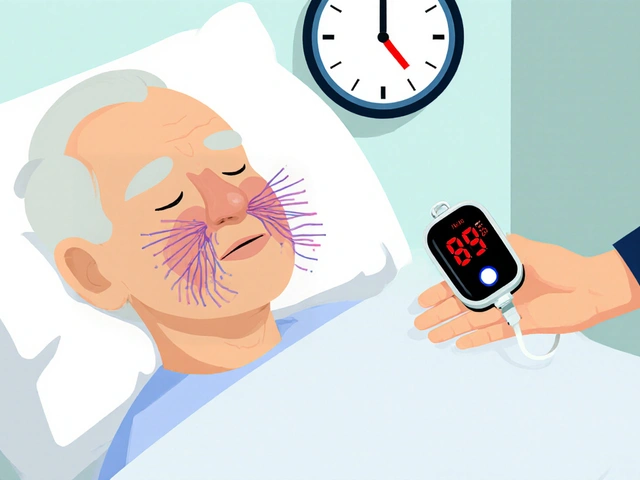Aripiprazole 2025: What You Need to Know Right Now
If you’ve heard the name aripiprazole and wonder what it’s for in 2025, you’re in the right spot. This is the pill that doctors often prescribe for schizophrenia, bipolar disorder, and major depression when other meds don’t work. Think of it as a mood‑stabilizer that works differently from older antipsychotics – it’s a dopamine‑partial agonist, which means it can calm a racing brain without shutting everything down.
First off, dosage. Most adults start with 10‑15 mg once a day, but the exact amount depends on the condition you’re treating. For schizophrenia, doctors may go up to 30 mg daily; for bipolar depression, they usually stay between 10‑15 mg. The key is to start low and let your body adjust. If you miss a dose, take it as soon as you remember unless it’s almost time for the next one – then just skip the missed pill.
Side Effects You Should Watch
Aripiprazole is praised for fewer movement problems than older drugs, but it still has a checklist of possible side effects. The most common are akathisia (a feeling of restlessness), insomnia, nausea, and occasional weight gain. In 2025, newer studies show that about 1 in 10 people report mild restlessness, which usually settles within a few weeks. If you feel shaky, dizzy, or notice a sudden change in mood, call your doctor fast – these could be signs of a more serious reaction.
One big concern with any antipsychotic is metabolic changes. Keep an eye on your blood sugar and cholesterol, especially if you have a history of diabetes. Regular check‑ups every three months help catch any shifts early. And remember, alcohol can boost sedation, so limit drinking while on aripiprazole.
Drug Interactions and Safety Tips
Aripiprazole can play nice with many medications, but there are a few you should avoid or adjust. Strong CYP3A4 inhibitors like ketoconazole can raise aripiprazole levels, increasing side‑effect risk. Likewise, CYP2D6 inhibitors such as fluoxetine can push the drug higher in your system. Always tell your doctor about every prescription, over‑the‑counter pill, and supplement you take.
A quick safety tip: never stop aripiprazole abruptly. Stopping suddenly can cause withdrawal symptoms like anxiety, insomnia, or a rebound of your original symptoms. If you need to taper off, your doctor will give a step‑down schedule that might span weeks.
Pregnancy and breastfeeding add extra layers. Current guidelines say aripiprazole is relatively safe, but it’s still a Class C drug, meaning risks can’t be ruled out. Talk to your OB‑GYN before starting or continuing if you’re pregnant or planning to become pregnant.
What’s new in 2025? Researchers have been testing extended‑release formulations that keep blood levels steadier, potentially cutting side effects like insomnia. While not yet mainstream, these versions are showing promise in early trials. Also, real‑world data suggests that adding a low‑dose mood stabilizer can help manage aripiprazole‑induced restlessness for some patients.
Bottom line: aripiprazole remains a solid option for many mental health conditions when used correctly. Start low, stay consistent, track any side effects, and keep an open line with your healthcare team. With the right approach, you can get the mood‑stabilizing benefits without unwanted surprises.

Want cheap generic Abilify online without getting burned? See safe pharmacy checks, real 2025 prices, discounts, and what to know before you order.





